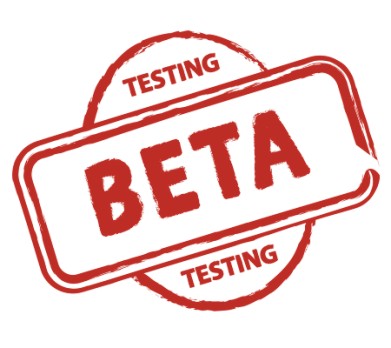 A marketing email should do one of two things. It might drive immediate sales with a special offer, a strong call to action, and a sense of urgency that forces readers to push the button now. Or it might build a relationship by providing valuable news and information that enables subscribers to understand that yours is the business of choice in your industry.
A marketing email should do one of two things. It might drive immediate sales with a special offer, a strong call to action, and a sense of urgency that forces readers to push the button now. Or it might build a relationship by providing valuable news and information that enables subscribers to understand that yours is the business of choice in your industry.
Those kinds of emails might prompt few immediate sales but they do drive your brand deeper into the minds of your market and generate future sales. One way to create those kinds of messages – and pick up some valuable information of your own – is to turn your prospects not into customers but first into staff.
For software firms, that usually means advertising for beta testers. Those testers aren’t just a large, no-cost QA team; they’re also a market that’s getting a free sample of a product that they should find invaluable by the time it’s ready for general release. Send an invitation by email to be a beta tester and your subscribers will feel part of a special crowd. They’re getting a sneak peek at an important new product. No less importantly, they’ll realize that the emails they receive from your firm contain more than invitations to buy; they also contain opportunities – and that makes them all more likely to be read.
Beta testing doesn’t suit every company but any firm can also use its subscriber base to ask for advice. All business decisions involve taking risks but when you have a list of potential buyers, you also have a way to reduce those risks. When you’re divided between two features, for example, you can ask your subscribers which they’d like to see developed. Or you can leave the question more open and simply survey your readers about needs that they feel aren’t being met.
The Power of Email Marketing, the Flexibility of Social Media Marketing
Clearly, you wouldn’t want to receive your answers by email: a forum or Facebook page would work better and the email would promote that page. But the answers themselves are less important than the interaction that the email inspires between you and your subscriber base. Buyers don’t always know what they need, let alone what they want, but you always want those subscribers to feel that they have a relationship with you. That’s something that you need.
Email marketing has both strengths and weaknesses. On the one hand, the addresses you collect come from qualified leads who tell you something about themselves when they sign up. On the other hand, unlike a social media audience, those subscribers are passive. But they don’t have to be. When you think of your subscribers as more than a base of buyers who might give you cash if you send them the right email and see them instead as a group of friends who can give you advice and a relationship, you turn them into a source of long-term sales.